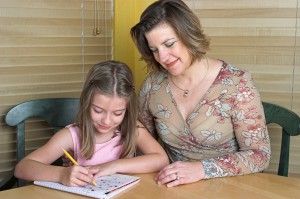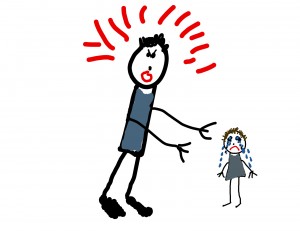Receive your FREE Parenting Advice through this blog. Simply ask Bob Lancer your question and receive his Lancer’s Answer in this blog.
To improve your parental control, improve your dream control.
Envisioning yourself in-charge, with love, and without anger and stress, helps you to achieve more parental control.
To apply this empowering parent-wisdom, think about a situation in which you find your parental control challenged by your child’s behavior.
Perhaps it happens at bedtime when your child suddenly refuses to cooperate, and you find yourself repeating directions several times, until you finally lose your patience.
Now, imagine that scene happening, but this time, imagine yourself demonstrating your ideal form of parental control.
Envision yourself feeling perfectly calm, content,
confident and in control.
Envision the entire scene flowing smoothly,
with love, ease and fulfillment.
Often, when parents feel frustrated by their child’s behavior, they repeatedly remember the difficult scenarios, envisioning their stressful, frustrating experience of lacking parental control.
But improving your control in your relationship with children begins with improving your control of yourself, and that begins with taking control of your dreams – of the imaginary visions that you focus on in your mind.
When a parent worries about future lapses of parental control,
or painfully recalls past episodes of previous “child behavior
chaos”, the parent allows negative dreaming
to rule his or her mind.
Practice the following to dream your way to improved parental control:
1. Pay attention to your thinking to recognize when you are envisioning disturbing parent-child experiences.
2. When you notice this happening, shift the focus of your thinking into envisioning that scene as you would love it to be
Your experiences with your child will gradually reflect your positive visions
of delightful parent-child scenarios more and more.
To further improve your interactions with your child, ask your child to spend time dreaming or envisioning himself or herself behaving beautifully.
Children often want to behave better than they do, but because of tiredness, habits, or other influences, they find self-control just too difficult.
By teaching your child about the positive power of directed dreaming or envisioning, you empower your child to lead a more successful life.
Guiding your child into envisioning the positive behavior you want helps you to enjoy increasing parental control and less parent-child conflict.
Receive your FREE Parenting Advice through this blog. Simply ask Bob Lancer your question and receive his Lancer’s Answer in this blog.





 button.
button. 

































